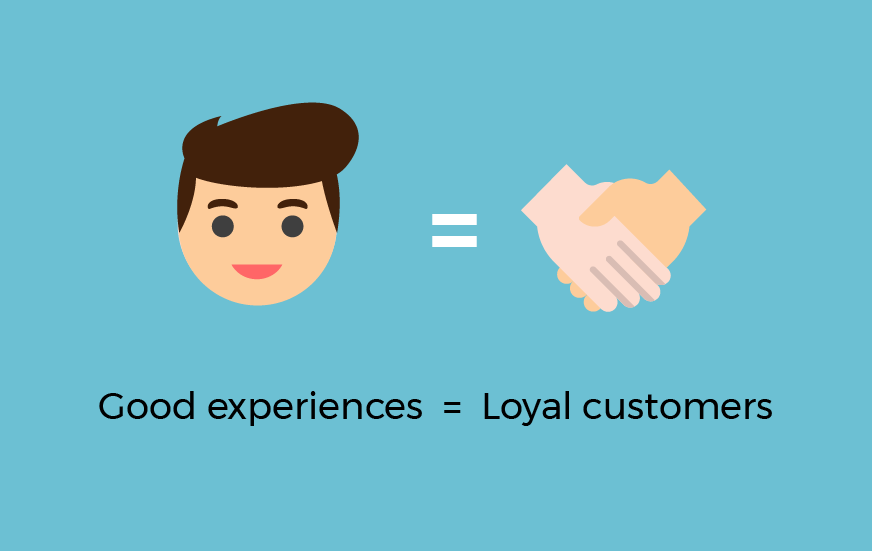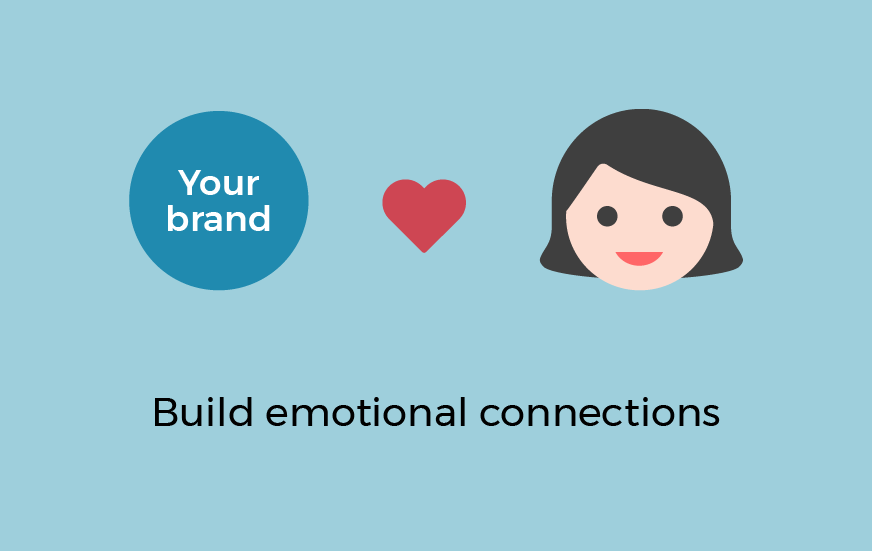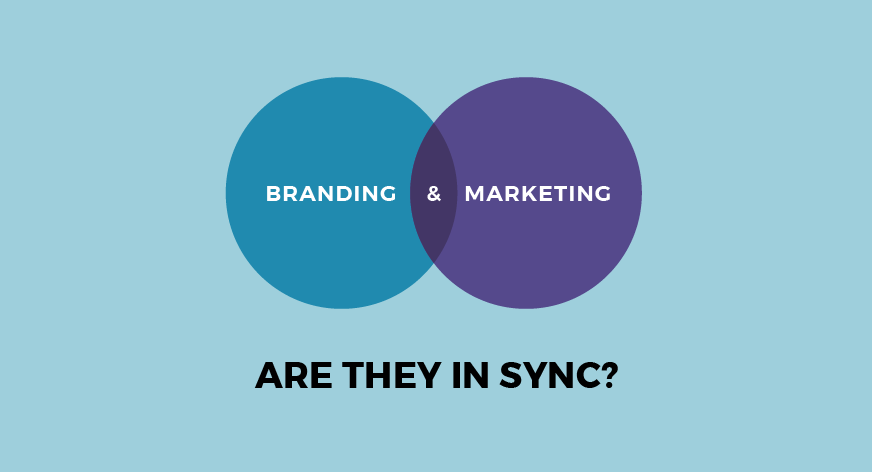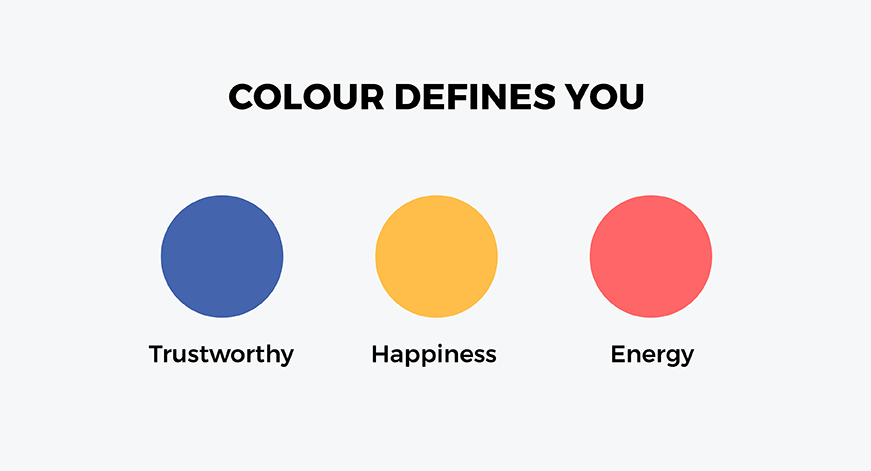BRANDING | POSTED ON 09.09.2019
Why Branding is Important in Marketing
When you are trying to market a business or product, one of the most important aspects to consider is the branding. Branding is often defined as a marketing practice which involves a company producing a name, logo or design that is easy to identify. However, branding goes beyond these recognition factors.
Today, branding is much more than just a logo or name. It is all-encompassing, covering almost every aspect of your business from your storefront and packaging to your people and processes. Everything you do as a company will impact your customer’s perception of your brand, and from a marketing perspective, it is vital you develop strong branding for every touchpoint.
What Should a Brand Do?
As branding is such a broad term, it covers so many aspects of your business and impacts marketing in many ways:
Clear messaging
Branding is an effective way of delivering a marketing message to your customers. By understanding the needs of your audience, your brand can clearly communicate and appeal to them as you know how they think. By creating a brand personality across your logo, website and marketing material, your will connect to people through your marketing channels. Your brand is how customers will recognise, perceive and remember your business when they experience your brand.
Build customer loyalty
Loyalty is important for any business and industry, and good branding can help create loyalty among your customers. When your branding is clear within your marketing, customers that recognise you are more likely to stay loyal; especially if they have had good experiences with your business in the past.

Confirms credibility
A business with a strong brand is a business that is perceived as more trustworthy by consumers. If you have a strong brand built across your marketing, you will confirm your credibility to customers. Consumers are more likely to do business with a company which is portrayed professionally.
Emotional connection
Customers build meaningful relationships with brands they like, and even new customers will be drawn to products with branding that speaks to them. Buying something is an emotional experience, and good branding will make customers feel good about their buying decisions.
Motivates buyers
When your marketing incorporates clear branding, it can drive consumers to purchase your products or services. Strong branding will be associated with a positive impression of the company, and this familiarity will motivate buyers to choose you.

What is successful branding?
We all know that branding is vital for a business and its marketing initiatives, but knowing what constitutes successful branding isn’t always easy. Branding is more than just getting consumers to choose your products or services over competitors. Successful branding is all about convincing your potential customers that you are the sole provider of the solution to their current problem.
Branding should be a problem-solver for your customers, by making it clear that your business is the answer they’ve been looking for.
For your branding to be successful and have a positive impact on your marketing, it should have a concise message. It should be clear to customers straight away, who you are, and what your company offers them.
Branding that is effective will build an emotional connection with consumers and motivate them to complete the purchase. A lot of success in branding comes down to having an effective logo, which is one of the most important aspects to consider. Your logo is the face of your company and how customers will recognise and remember you. A good logo should be incorporated into all marketing material and activities in order to build your branding effectively.

How to create effective branding?
In order to succeed with branding, you will need to understand your customers and their needs and wants. Once you know what it is that your customers want to see, you can then incorporate this into every point of contact that your business has with them.
If you consider your company’s brand as a person, you need to imagine this person explaining exactly who they are, what they have to offer, and why they are valuable. This is precisely the messaging your branding should be giving at all times.
Your branding should always be consistent with your marketing messages; for example, if you are marketing yourself as the best Italian restaurant in your area, your brand needs to live up to that. Not only is your branding important before a customer makes a purchase, but in order to build loyalty and a reputable brand, your brand experience has to last longer.
If your brand, products and services can live up to expectations by performing as expected and creating a positive customer experience, then you can gain customer loyalty. In order to effectively evaluate your branding, use these questions as a guideline:
- Is the brand relevant to my target audience?
- Will my target audience instantly understand the message?
- Does my branding portray the unique selling points of the company?
- Does my branding effectively reflect the expectations of my audience?
- Does my branding reflect the values that I am aiming to represent?
Sync your marketing and branding
If you want help aligning your marketing and branding campaigns so that they work together effectively, branding agency Liquid Creativity can help. Get in touch to discuss your branding needs.











